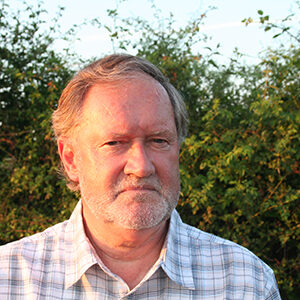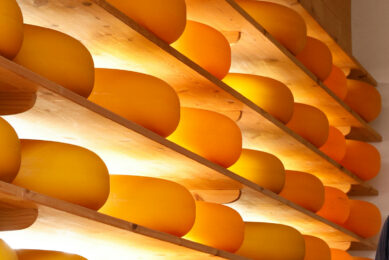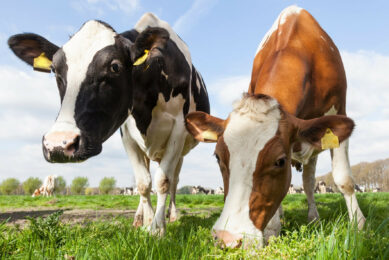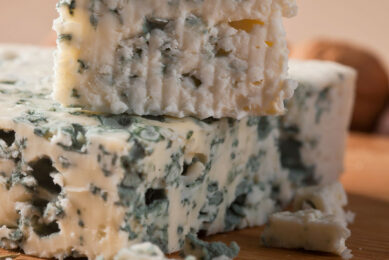Organic milk now represents under 5% of milk production in France
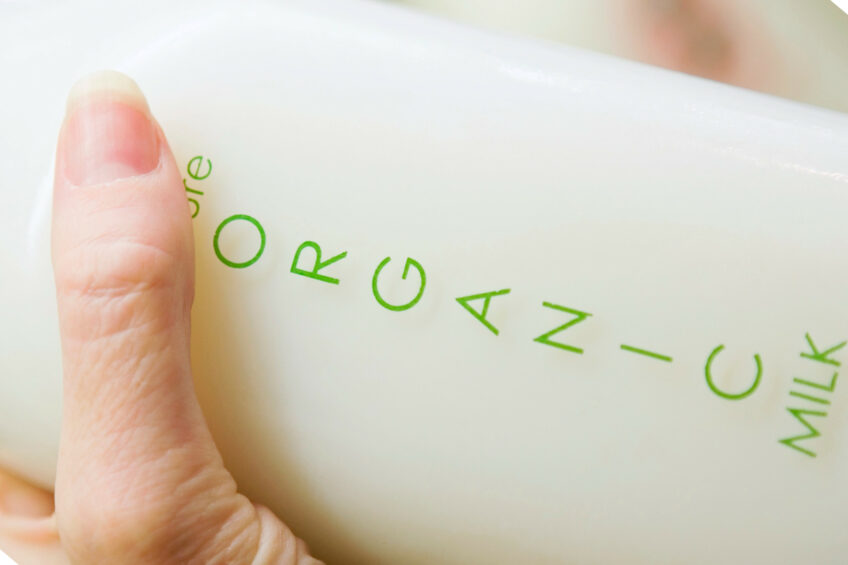
Organic milk now accounts for less than 5% of the total production of cows’ milk in France. In the first 9 months of this year, the share for organic was still around 5.5%, but in September it fell to 4.9% for the first time in many months.
In July, the production of organic milk in France amounted to 1.19 billion litres, which is 6% less than a year earlier and 8% less than in the same month in 2022, the economic institute for the French dairy industry, Cniel, reported. The decline began over 2 years ago and seems to have accelerated recently, Cniel noted.
“We expect that trend to continue in 2025, be it probably at a slower tempo, with a monthly production of an estimated 1.15 billion litres at the end of next year,” the institute stated, stressing that not all produced organic milk goes into organic dairy products, since milk processors regularly downgrade a large part to conventional milk because of a lack of demand for organic dairy.
Fewer farmers
The reasons for the continuous decline are 2-fold, Cniel stated. Firstly, a significant number of organic dairy farmers has decided to either stop with that production method or with dairy altogether. Many go into retirement while others simply are not able to earn a decent income. Cniel now has some 3,900 organic dairy farmers on its books, 5% less than in the autumn of 2023 and 9% less than at the end of the year before.
Figures from statistical office Agreste show that the average producer price paid for organic milk is currently just 7 euro cents per litre more than for conventional milk while that difference was 12 cents per litre just after the corona crisis.
Organic dairy sales
Secondly, there is also the situation on the consumer market, where sales of organic dairy, like all other such food products, are continuously declining. In the years till 2022, the organic food market was buoyant with growth seen in double figures annually, but 2 years ago the trend suddenly turned under the influence of the purchasing power crisis that hit France harder than some other countries.
“Organic gets kind of punished because of the higher sales price. Also, if people can afford to spend more on their food once again because of income growth, they still don’t seem to return to the organic segment,” Cniel adds.
The industry-wide institute is still reasonably optimistic about the near future. Organic fits in perfectly with the 2 major trends among French food shoppers, buying more local and buying more environmentally consciously. “Here, organic offers a double promise. The preference for local products to support the common good can offer the organic sector more value. And without fertiliser or pesticides, organic cares for natural sources like water, air and soil, which we can pass on to future generations.”


